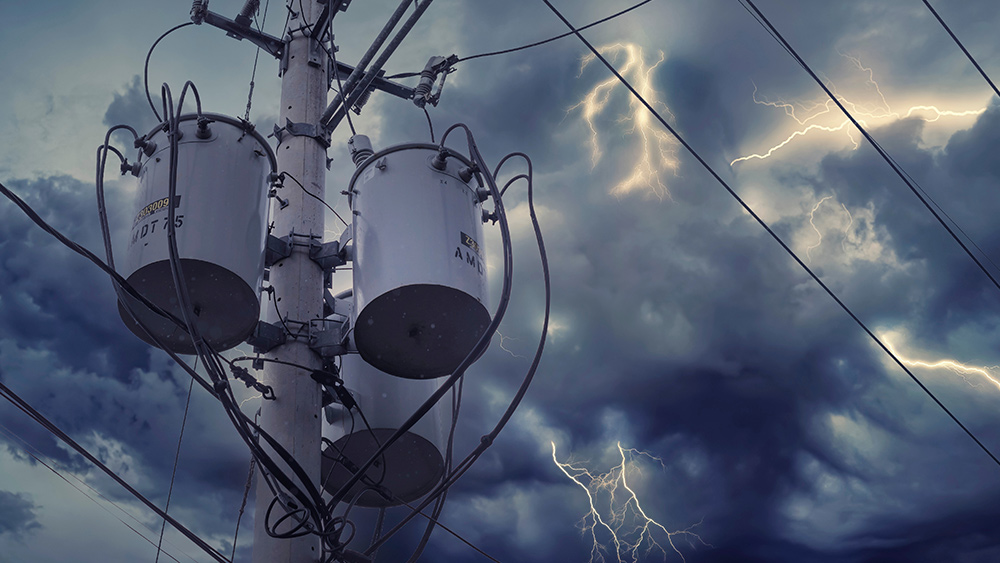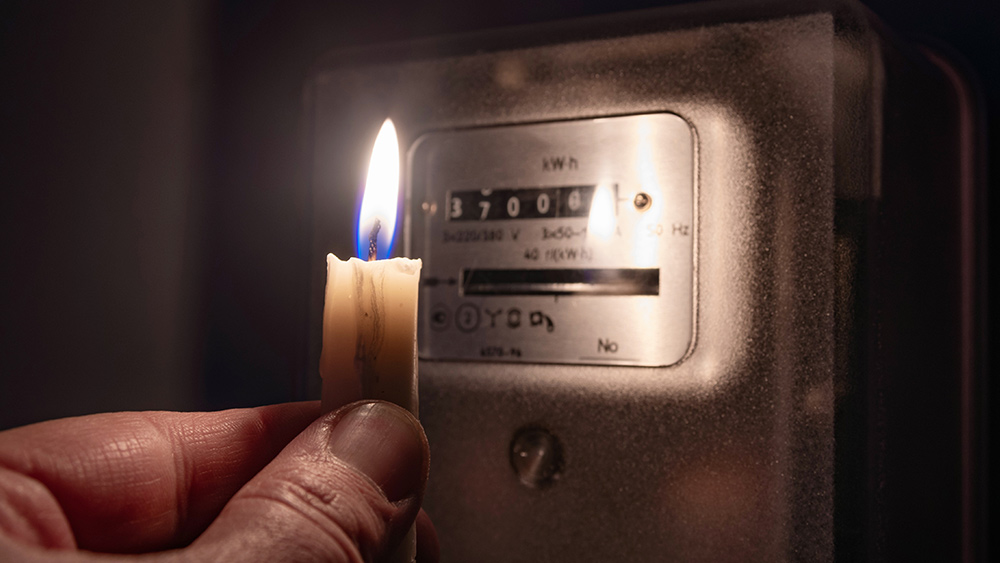
The latest doomsday report from Reuters suggests that Europe is about to go dark not only with energy but also with cell phones.
Widespread mobile network blackouts are expected as the consequences of Western sanctions against Russia reach a climax this winter.
What was once an unthinkable possibility is quickly becoming a reality: a continent-wide loss of mobile phone service due to lack of energy. Telecom officials reportedly told Reuters that a severe winter could cause Europe's cell phone infrastructure to collapse.
Governments would then have to work alongside phone companies to figure out a solution – but will they actually find one? (Related: All of Europe's energy pipelines are in the process of being systematically dismantled.)
Bailouts are of course being talked about, but even this may not be enough in the event that there is simply not enough energy to keep the telecom grid operating to full capacity.
If there is simply no energy available to keep the airwaves moving, in other words, then towers will simply shut off, leaving Europeans in the dark and unable to communicate.
"The problem, as four telecom executives put it, is that currently there are not enough back-up systems in many European countries to handle widespread power cuts, raising the prospect of mobile phone outages," reports Zero Hedge.
"Realizing that in just weeks Europe could be cell phone free, countries including France, Sweden and Germany, are scrambling to ensure communications can continue even if power cuts end up exhausting back-up batteries installed on the thousands of cellular antennas spread across their territory."
Is Europe about to go completely dark?
Across Europe, that are about half a million telecom towers. Most of these have battery backups, but those backups are only designed to last for around 30 minutes – meaning very temporary backup power.
After 30 minutes is up, the towers simply go dark. Should that happen, mass chaos will certainly ensue, leaving much, if not all, of the continent in an absolute nightmare scenario.
France has proposed forcibly cutting off power to consumers for two-hour bouts in order to keep the phone lines running.
"The general black-outs would affect only parts of the country on a rotating basis," reports explain.
"Essential services such as hospitals, police and government will not be impacted, the sources said. And now, it appears that cell phones are considered essential too: the French Federation of Telecoms (FFT), a lobby group representing Orange, Bouygues Telecomand Altice's SFR, put the spotlight on Enedis for being unable to exempt antennas from the power cuts."
Some sections of mobile phone networks can be shut off in an isolated manner, according to Enedis, a French electricity distributor. This will allow hospitals, the military, and other "key" sectors to remain online even if everybody else is forced offline.
"Maybe we'll improve our knowledge on the matter by this winter, but it's not easy to isolate a mobile antenna (from the rest of the network)," a French finance minister with knowledge of the talks is quoted as saying.
In Sweden and Germany, there is similar panic brewing over electricity shortages resulting in loss of telecom capacity. Swedish telecom regulator PTS is considering purchasing transportable fuel stations and mobile base stations to help carry some of the load.
In Italy, the telecom lobby is demanding that mobile networks be given top priority for energy. Right now, they are said to be using special software to optimize traffic and force towers to "sleep" when not in use.
In Germany, Deutsche Telekom, which currently has 33,000 mobile radio towers ready to go, says only a small number of them can operate at the same time – which means serious problems are ahead.
The latest news about the European energy crisis can be found at Chaos.news.
Sources for this article include:
Please contact us for more information.




















